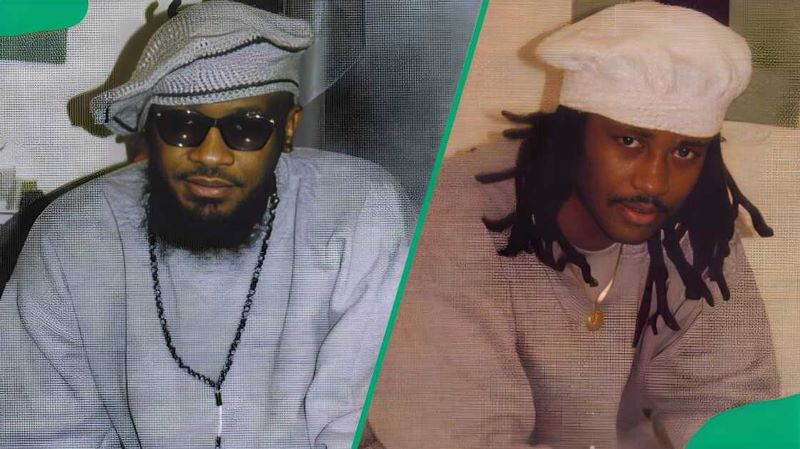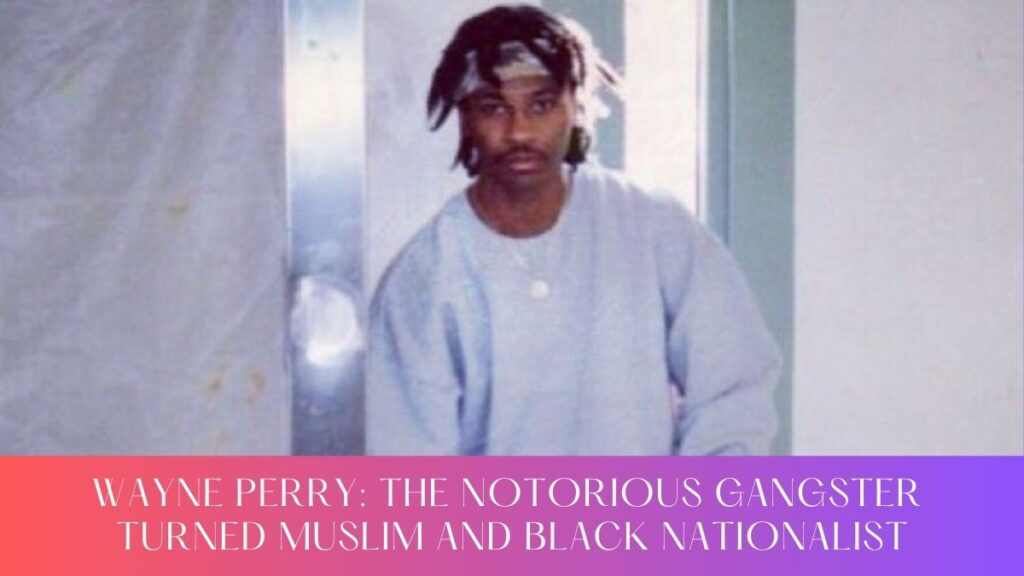Washington D.C., often celebrated for its historical significance and political powerhouse status, has a darker narrative within its urban fabric. Wayne Perry’s tale of crime, transformation, and retribution stands out among the stories, painting a stark picture of the city’s underbelly during the late 80s and early 90s.
This article delves into the life of Wayne Perry, offering a glimpse into his notorious past, eventual conversion, and the consequences of his actions.
From Humble Beginnings to Infamous Heights
Born in Georgia in 1962, Wayne Anthony Perry-El, also known as “Silk,” embarked on a criminal path early in life. By the age of 12, Perry had already dipped his toes into the criminal world. By 16, he was deeply involved in illegal activities ranging from drug trafficking to violent bank robberies.
Wayne’s ruthlessness and strategic execution of crimes earned him the moniker “Michael Jordan of the murder game,” highlighting his infamous status in Washington, D.C.’s criminal circles.

Source: https://briefly.co.za/
The Protector and the Hitman
Perry’s reputation as a feared gangster was further solidified through his association with Alberto “Alpo” Martinez, a prominent drug lord from Harlem.
Acting as Martinez’s bodyguard and hitman, he was instrumental in eliminating threats to their drug empire, including witnesses, disloyal gang members, and rival traffickers. This unwavering loyalty, however, would later become a double-edged sword, leading to Perry’s downfall.
Betrayal and Arrest
The 1990s signaled the beginning of the end of Perry’s reign of terror. With the FBI closing in, Martinez, facing serious charges, betrayed his by snitching to the authorities.
In 1993, Perry was arrested and charged with first-degree murder, among other crimes. The indictment revealed him as the architect of numerous murders, further tarnishing his already notorious image.
A Transformation Behind Bars
Wayne Perry underwent a significant transformation while serving a life sentence at the ADX Florence Supermax in Colorado. Embracing Islam, he adopted the name Nkosi Shaka Zulu-El and began advocating for unity and peace among the youth of Washington, D.C.
His letters from prison reflect a man changed by faith, keen on saving lives rather than taking them. Despite the controversies surrounding sexuality and past actions, his shift towards a more spiritual and peaceful existence is noteworthy.
The Unforgiving Consequences of a Life of Crime
Wayne Perry’s story is a testament to the complexities of human nature and the capacity for change. However, it also serves as a grim reminder of the unforgiving consequences of a life entrenched in crime. Currently serving a life sentence without the possibility of parole, his tale underscores the heavy toll that illegal activities can exact on individuals and their communities.
Legacy and Reflections
Wayne Perry’s narrative is immortalized in criminal records and popular culture, most notably in Jay-Z’s “Tom Ford” lyrics, where he mentions his flow. Documentaries, books, and interviews continue to explore life, offering varied perspectives on actions and the circumstances that shaped him.
Conclusion
The story of Wayne Perry is a complex amalgamation of crime, betrayal, transformation, and introspection. As Washington, D.C., continues to evolve, the tale of its most notorious gangster serves as a somber lesson on the repercussions of life led astray and the redemptive power of change.
While his actions have left an indelible mark on the city’s history, his later years offer hope for redemption and the possibility of a second chance, even for those who have wandered far off the path.

Hey everyone! It’s Hovik here. If you’re a fan of Mediterranean food, you’re in for a treat! At Pita Grill, we serve the best Mediterranean dishes in NOHO. Our fresh salads, mouthwatering kebabs, and delicious combo plates are prepared by our amazing chefs, who pour their heart and soul into every meal. Come on by and taste the difference for yourself. I promise you won’t be disappointed!

